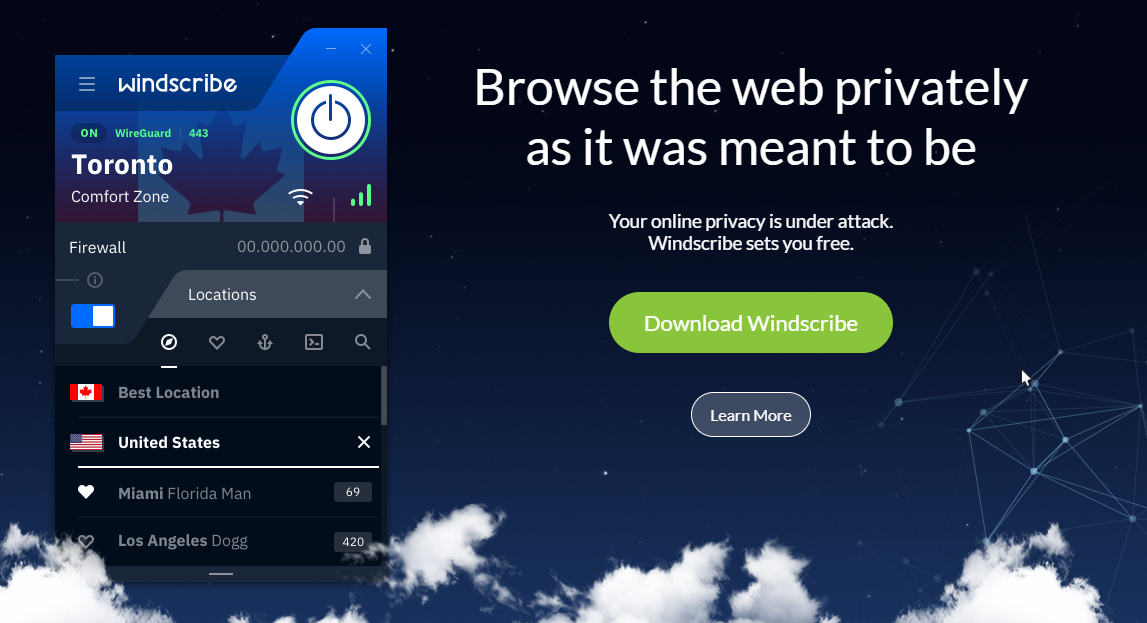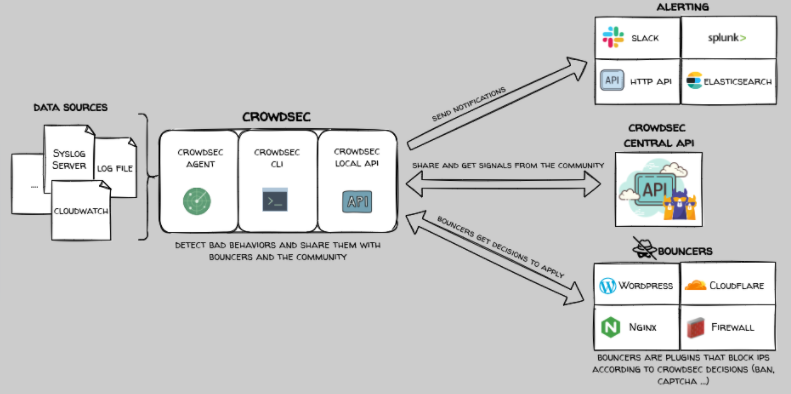Looking for secure (and free) DNS? Quad 9 is your new best friend
-
Those in the security space may already be aware of the secure DNS service provided by Quad9. For those who have not heard of this free service, Quad9 is a public Domain Name System (DNS) service that provides a more secure and privacy-focused alternative to traditional DNS services. DNS is the system that translates human-readable domain names (like www.google.com) into IP addresses that computers use to identify each other on the internet.
Quad9 is known for its emphasis on security and privacy. It uses threat intelligence from various cybersecurity companies to block access to known malicious websites and protect users from accessing harmful content. When a user makes a DNS query, Quad9 checks the requested domain against a threat intelligence feed, and if the domain is flagged as malicious, Quad9 blocks access to it.
One notable feature of Quad9 is its commitment to user privacy. Quad9 does not store any personally identifiable information about its users, and it does not sell or share user data.
Users can configure their devices or routers to use Quad9 as their DNS resolver to take advantage of its security and privacy features. The DNS server addresses for Quad9 are usually 9.9.9.9 and 149.112.112.112.
The name “Quad9” is derived from the service’s use of four DNS servers in different geographic locations to provide redundancy and improve reliability. Users can configure their devices or routers to use the Quad9 DNS servers, and doing so can offer an additional layer of protection against malware, phishing, and other online threats. It’s important to note that while Quad9 can enhance security, it is not a substitute for other security measures such as antivirus software and good internet security practices, and if you are not using these technologies already, then you are leaving yourself open to compromise.
I’d strongly recommend you take a look at Quad9. Not only is it fast, but it seems to be extremely solid, and well thought out. If you’re using Cloudflare for your DNS, Quad9 is actually faster.
-
Those in the security space may already be aware of the secure DNS service provided by Quad9. For those who have not heard of this free service, Quad9 is a public Domain Name System (DNS) service that provides a more secure and privacy-focused alternative to traditional DNS services. DNS is the system that translates human-readable domain names (like www.google.com) into IP addresses that computers use to identify each other on the internet.
Quad9 is known for its emphasis on security and privacy. It uses threat intelligence from various cybersecurity companies to block access to known malicious websites and protect users from accessing harmful content. When a user makes a DNS query, Quad9 checks the requested domain against a threat intelligence feed, and if the domain is flagged as malicious, Quad9 blocks access to it.
One notable feature of Quad9 is its commitment to user privacy. Quad9 does not store any personally identifiable information about its users, and it does not sell or share user data.
Users can configure their devices or routers to use Quad9 as their DNS resolver to take advantage of its security and privacy features. The DNS server addresses for Quad9 are usually 9.9.9.9 and 149.112.112.112.
The name “Quad9” is derived from the service’s use of four DNS servers in different geographic locations to provide redundancy and improve reliability. Users can configure their devices or routers to use the Quad9 DNS servers, and doing so can offer an additional layer of protection against malware, phishing, and other online threats. It’s important to note that while Quad9 can enhance security, it is not a substitute for other security measures such as antivirus software and good internet security practices, and if you are not using these technologies already, then you are leaving yourself open to compromise.
I’d strongly recommend you take a look at Quad9. Not only is it fast, but it seems to be extremely solid, and well thought out. If you’re using Cloudflare for your DNS, Quad9 is actually faster.
@phenomlab thanks for sharing. this will be very useful for me.
-
@phenomlab thanks for sharing. this will be very useful for me.
@crazycells Agreed. I’m using it now, and have been all afternoon. Super stable and very secure.
-
I’ve been using this service for a couple of days now, and it’s made my internet access so much faster. That alone is a plus, and I never thought there would be a contender for Cloudflare in this area.
Hello! It looks like you're interested in this conversation, but you don't have an account yet.
Getting fed up of having to scroll through the same posts each visit? When you register for an account, you'll always come back to exactly where you were before, and choose to be notified of new replies (ether email, or push notification). You'll also be able to save bookmarks, use reactions, and upvote to show your appreciation to other community members.
With your input, this post could be even better 💗
RegisterLog in






